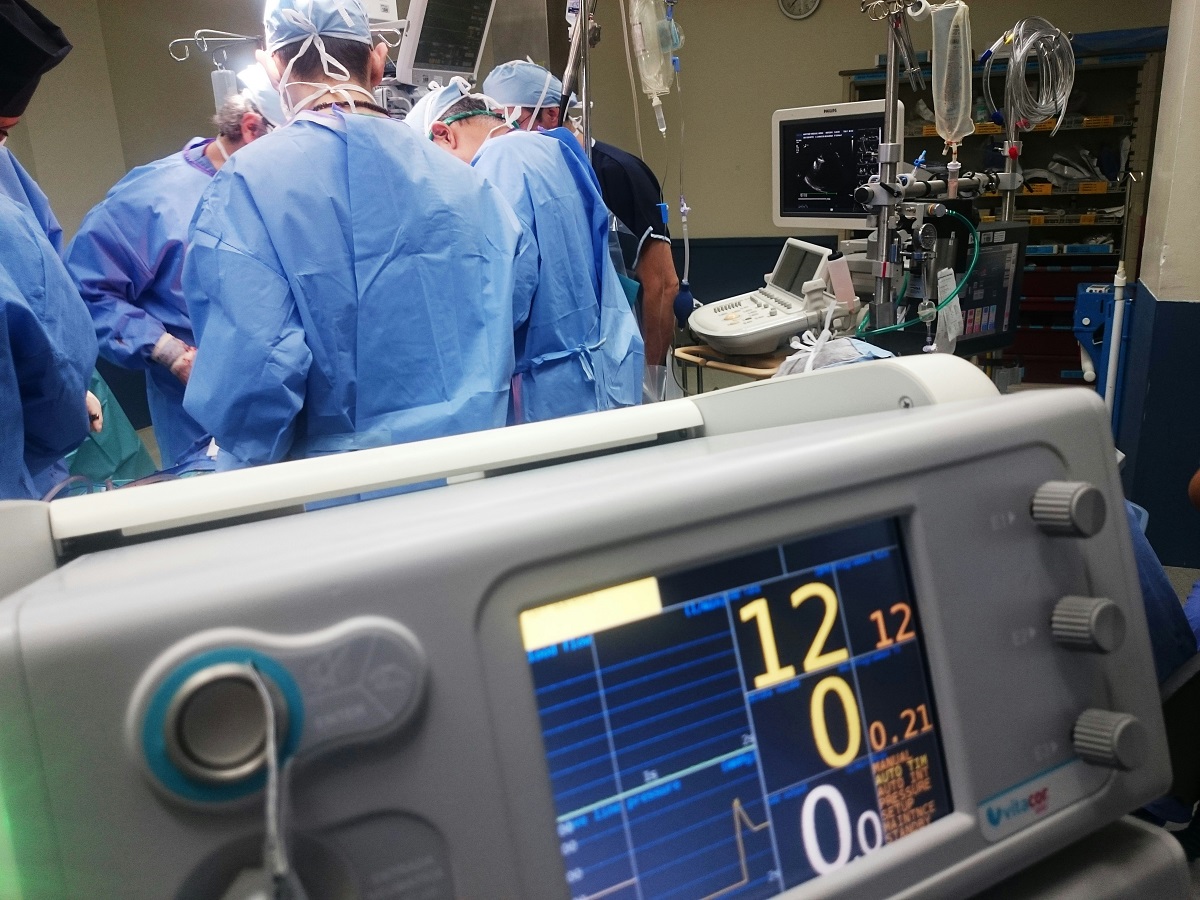Licences suspended for striking doctors: the clash with Seoul continues
With the ultimatum for the return to work of trainees stopped in protest since 19 February falling on deaf ears, the government has sent out the first 5,000 suspension letters. With 93% of doctors absent, nurses allowed to perform some of their duties. Patients' associations denounce: first deaths from postponed treatments.
Seoul (AsiaNews/Agencies) – In South Korea, the Ministry of Health has sent preventive license suspension notices to 4,944 medical specialists who disobeyed the order to return to work. This is a new measure adopted to stop the protest that has lasted for three weeks against the government's plan to increase the number of students admitted to medical schools. The strike is paralyzing Korean hospitals, with serious repercussions on patients.
Vice Health Minister Jun Byung-wang told reporters that once the notices are received, doctors will have until March 25 to file objections. According to the latest data, 11,994 trainee doctors from 100 university hospitals have left their jobs, equal to approximately 93% of doctors in training. Health Minister Cho Kyoo-hong has promised there will be no consequences if they return to work before the administrative procedures for suspending their licenses are completed. The ministry has also opened a hotline for doctors requesting protection to return to work.
The protest has been going on since February 19 with hospitals suffering cancellations and delays in surgeries and emergency medical care. The government's ultimatum asking interns to return to work by the end of February fell on deaf ears. To address the shortage of medical personnel, the Ministry of Health began deploying 158 military and public health doctors to local hospitals. Last week, he also authorized nurses to perform some doctors' functions, including cardiopulmonary resuscitation.
The government is pushing to increase the number of doctors as a way to solve the shortage in rural areas and in essential sectors, such as pediatrics and neurosurgery, as well as in consideration of the aging population. Doctors argue that increasing fees will compromise the quality of training and other services and lead to increased medical costs for patients. They called for measures to first address the problem of underpaid specialists and improve legal protection against excessive medical malpractice lawsuits.
As the protest continued, disruption to medical services increased. An association of seriously ill patients spoke at a press conference about an increasing number of cases of patients who have suffered serious harm as a result of the strike. For example, a patient with biliary tract cancer had been admitted to a hospital in Seoul for treatment, but he was forced to move to a smaller nursing hospital after the strike and died the next day. "Seriously ill patients have been taken hostage in this ongoing confrontation. This ridiculous situation should be stopped immediately," the association said.
An appeal for a solution to this crisis that looks first and foremost at the well-being of patients was also launched in recent days by the Catholic Episcopal Conference of South Korea.
12/02/2016 15:14
31/01/2020 09:23







.png)










